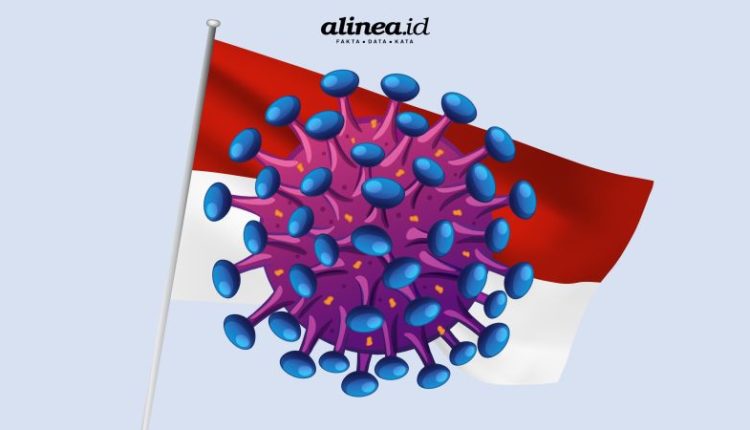Indonesia Optimistic Past the Corona Recession
By: Dodik Prasetyo ) *
Pandemic due to covid-19 virus is still affecting Indonesia. So people are required to stay home and choose to hold back and only shop for primary needs. As a result, many sectors are disjointed, especially the economy. Sales so dropped dramatically. If the crisis continues for more than 2 quarters, then it could be a recession. But the government remains optimistic that it can get through it strongly.
Recession is a state when a country’s economy plummets for more than 2 quarters. When Indonesia was attacked by corona since the beginning of 2020, there was a concern that there would be a recession. Many companies lay off their employees, because their turnover has dropped dramatically. Especially those engaged in tourism, because everyone should not be able to recreation for a while, due to the covid-19 virus out there.
Although the economic situation in Indonesia is very pathetic, the government remains optimistic and tries hard to rise again. To overcome the large number of people becoming poor people , there are already several programs that can overcome them. Such as direct cash assistance, family hope programs, and social assistance. The government also made a very useful pre-employment card, because a lot of new unemployment has sprung up in this co-19 mi pande.
One of the American media called Politica considers that our country can rise up even if it is hit by a storm of recession. The main cause is that Indonesia did not impose a total lockdown that could inhibit the entry of the covid-19 virus but at the same time threatened economic stability because the distribution of finished goods was severely disrupted. Indonesia only imposes restrictions and other rules to deal with corona, so shipping goods between cities can still be done even though with strict procedures .
One of the things that is a sign of the rise of the Indonesian economy is the creativity of entrepreneurs. When the market is closed because of the PSBB rules, they sell online and provide delivery services, even free shipping on certain purchases . Fashion sellers, such as clothes, bags and wallets, switch to selling masks and hijab as well as anti-corona veils, also online . So they can still make a profit without having to close the shop.
Likewise with other sellers. They tried to sell items that were in demand and needed during the co-19 pandemic. For example, hand sanitizers , hazmat clothes, medical devices, and also supplements and herbal fluids to increase stamina. Many need it to stay safe from vir -covid-19.
Entrepreneurs in Indonesia are the drivers of the economy. Big entrepreneurs who manage franchise restaurants also don’t want to lose out in innovation. Although they are not allowed to serve buyers inside the restaurant area, they do provide a delivery service with the lure of a discounted price. This service is carried out both by the couriers themselves and in collaboration with online motorcycle taxi companies .
So, we don’t need to be afraid of a recession caused by the co-19 pandemic. Especially thinking that the situation will be as bad as the 1998 economic crisis. Even though the dollar exchange rate is still high, it is still safe. In fact there are people who are rich suddenly because of the increase in the exchange rate of this dollar. They work as international freelancers and are paid in dollars.
The pandemic is not over yet, but we must remain optimistic. The storm of recession can certainly be overcome because even though the economic sector had rolled, it will quickly return again. Now many people are instead looking for loopholes in this precarious state and selling the items they need, to cover losses due to the pandemic.
Recession due to corona makes many people afraid and predicts another economic crisis. But we must remain optimistic and try hard. Indonesia will not go bankrupt , because all its people continue to look positively in the midst of a pandemic. Businessmen are still trying hard to sell and be optimistic, and pray that this pandemic will soon end.
) * The author is a contributor to the Indonesian Strategic Information Study Institute (LSISI)
